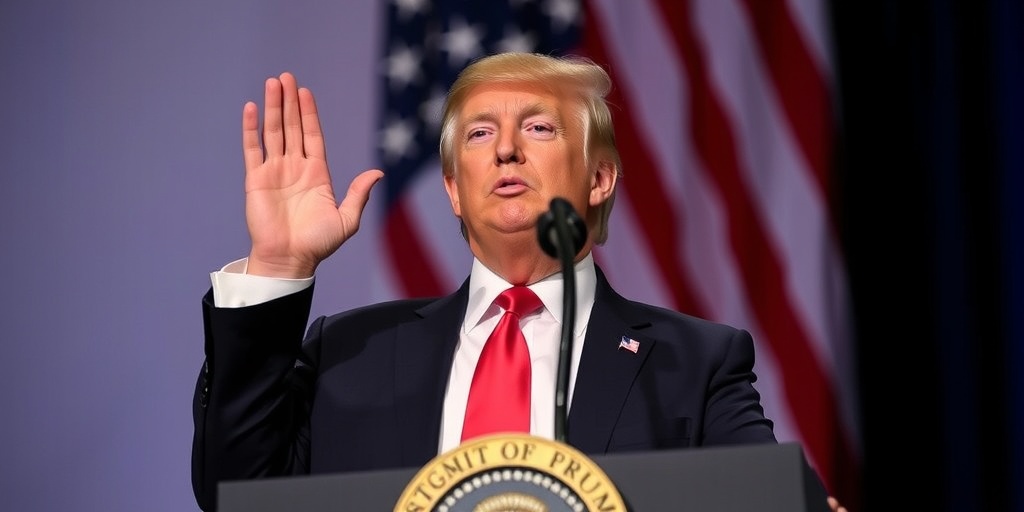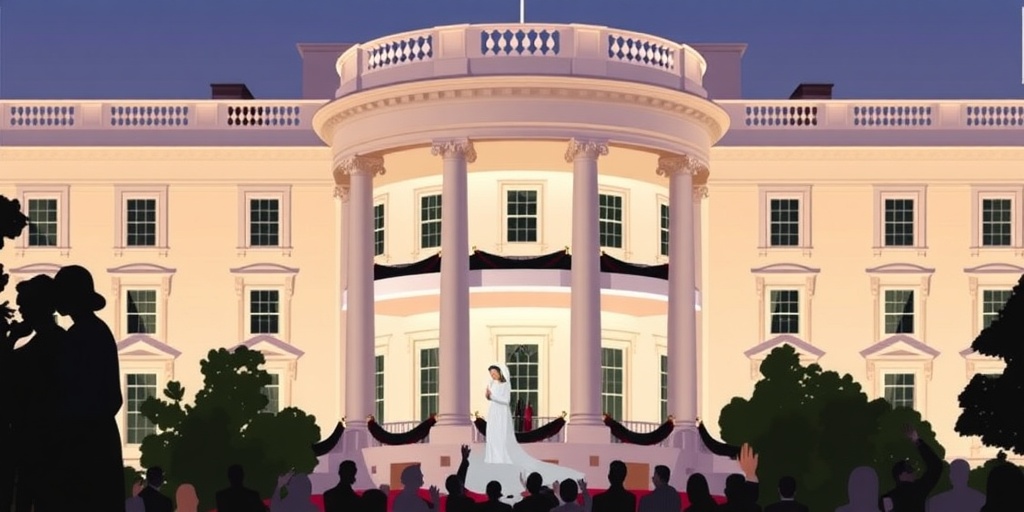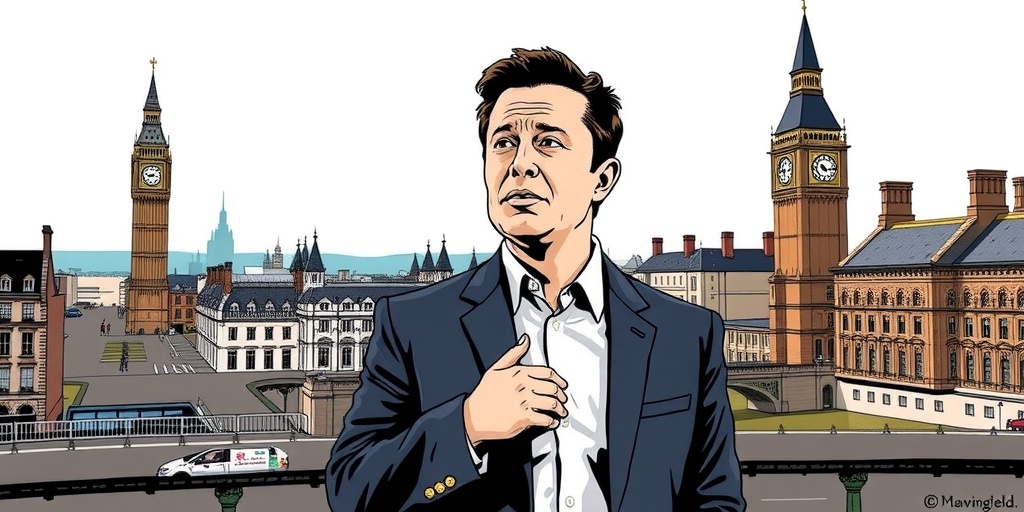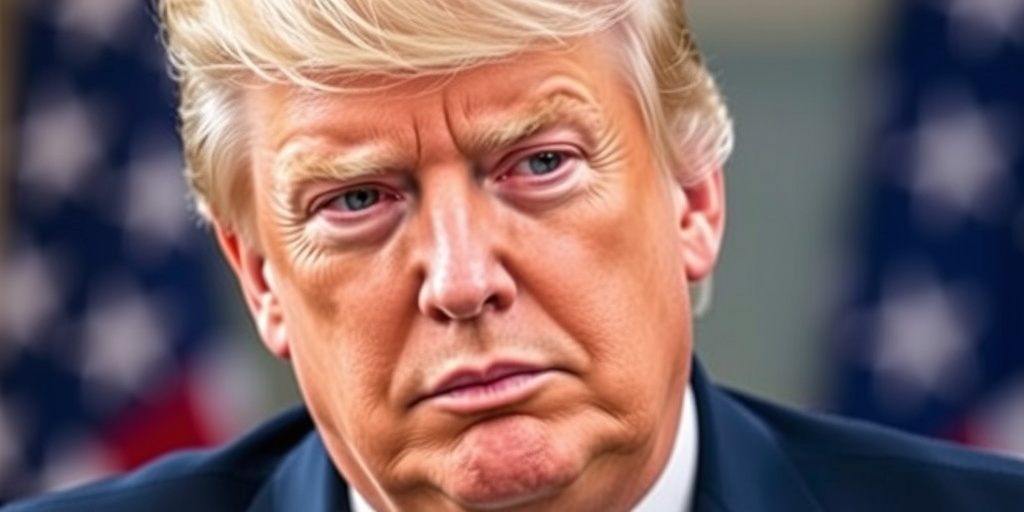Now Reading: Tariffs Present Unique Risks for Republicans
-
01
Tariffs Present Unique Risks for Republicans
Tariffs Present Unique Risks for Republicans
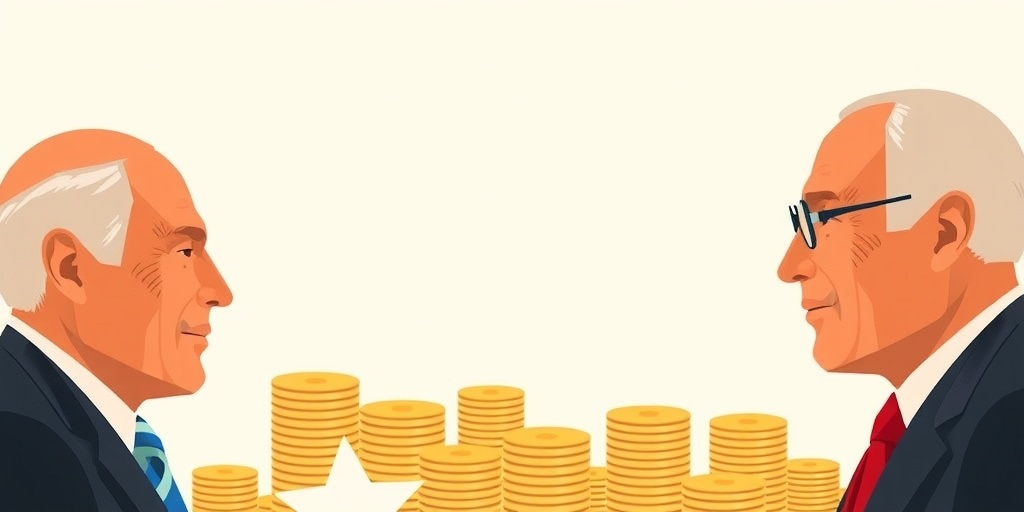
The Political Landscape Post-Election: Democrats Find a Surprising Advantage
As the dust settles following the recent presidential election, political analysts are beginning to discern the emerging contours of American politics. Traditionally, post-election periods are marked by a sense of certainty. However, the last two decades have demonstrated that such clarity is often an illusion. Winning parties, fueled by their victories, tend to overestimate their mandate, while losing parties grapple with internal conflicts and reassess their strategies. This cycle continues to play out, as evidenced by the latest political developments.
Recent special elections in Florida and the Supreme Court election in Wisconsin have unveiled a startling reality: Democratic voters remain energized and engaged, despite expectations of a Republican resurgence led by former President Donald Trump. The results suggest that the anticipated “golden age” for Republicans might be further out of reach than they imagined. President Trump’s widespread tariffs, coupled with the looming threat of an economic downturn, are presenting significant challenges for the Republican Party.
The special elections indicate that Democrats have not solved the underlying issues that led to their losses in previous elections, nor have they fully captured the support of crucial demographics. However, they do benefit from strong backing among informed and educated voters—a demographic that has propelled them to success in low-turnout elections throughout Trump’s time in office. Nonetheless, the disillusioned and disengaged voters, who primarily turn out during presidential elections, will not exert their influence until the next major cycle in 2028.
What we observed in the most recent elections could serve as a preview for the next few years, hinting at the possibility of substantial Democratic victories, particularly in the forthcoming midterm elections. This situation may echo the aftermath of Trump’s initial win when the political landscape shifted unexpectedly, leaving both jubilant Republicans and depressed Democrats grappling with a reality that differed significantly from their expectations.
The announcement of tariffs by Trump marks a pivotal moment, as no political party or leader is entirely immune to the repercussions of an economic recession. Historically, even the mightiest political forces have encountered severe setbacks during economic downturns, rendering Trump’s situation precarious. Unlike past instances where presidents might have unjustly absorbed blame for economic troubles, this time the tariffs seem to directly link the Trump administration to a potential economic fallout.
Trump’s political identity has often been closely tied to his economic policies, particularly his self-proclaimed success as a businessman. His previous triumphs can be attributed to perceived economic stewardship that resonated with many voters. In fact, during national surveys conducted by The New York Times and Siena College, over 40% of Trump supporters cited economic issues like inflation as the primary reason for their choices in 2024. Yet, as economic conditions shift under the weight of new tariffs and proposed trade measures, Trump’s standing is precarious.
Even before the recent tariffs, Trump’s approval ratings were already trending downward, returning to levels seen before the election. His approval ratings regarding economic management have fallen even further, a shocking development given the former president’s historically strong reputation in this area. As consumer confidence dwindles and inflation expectations rise, the political implications for Trump and his party are becoming increasingly apparent.
The political landscape is evolving rapidly, yet it remains too soon to measure the full effects of the newly announced tariffs. Trump’s loyal supporters may give the policy a chance initially, thus preventing immediate backlash. However, if the tariffs lead to a recession characterized by significant price increases—an outcome anticipated by many economists—the political fallout could be severe and swift.
Certainly, Trump’s ambitions, whether to run for a third term or another political office, could be undermined by any widespread dissatisfaction stemming from his current policies. Already, dissent is emerging within the Republican ranks, with several senators expressing their discontent with Trump’s tariff implementation and calling for restrictions on his authority.
Should the anticipated negative economic consequences materialize, previously secure Republican territories—such as Kansas, Iowa, and Texas—may become battlegrounds, posing threats to Republican control of the Senate. The unified front that Congressional Republicans have previously displayed in support of Trump may begin to fracture, especially if discontent grows over his tariff policies and their impact on the economy.
At this stage, while these potential shifts remain speculative, it is apparent that Trump’s second term is not unfolding as many envisioned. The "golden age" predicted by his supporters is increasingly looking like a mirage, fading in the face of economic realities and voter dissatisfaction. As we look toward the next cycle, the dynamics within both parties may continue to shift in unexpected ways, reshaping the American political landscape for the years to come.
Stay Informed With the Latest & Most Important News
Previous Post
Next Post
-
 01New technology breakthrough has everyone talking right now
01New technology breakthrough has everyone talking right now -
 02Unbelievable life hack everyone needs to try today
02Unbelievable life hack everyone needs to try today -
 03Fascinating discovery found buried deep beneath the ocean
03Fascinating discovery found buried deep beneath the ocean -
 04Man invents genius device that solves everyday problems
04Man invents genius device that solves everyday problems -
 05Shocking discovery that changes what we know forever
05Shocking discovery that changes what we know forever -
 06Internet goes wild over celebrity’s unexpected fashion choice
06Internet goes wild over celebrity’s unexpected fashion choice -
 07Rare animal sighting stuns scientists and wildlife lovers
07Rare animal sighting stuns scientists and wildlife lovers














